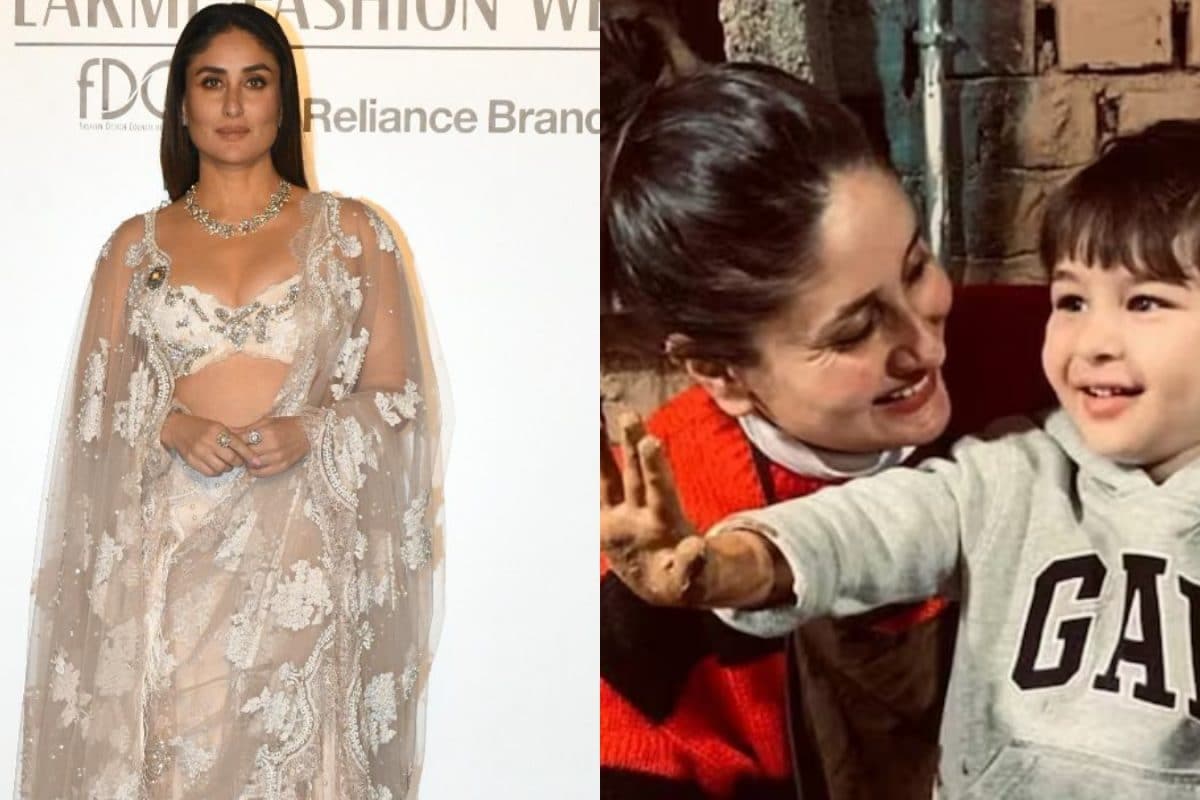Why do I need to know être vexé comme un pou? Because you might feel this way from time to time. What does it mean? Être vexé comme un pou - roughly pronounced eh-truh vex-ay come uhn poo - translates as ‘to be as angry (or offended) as a louse’. This phrase might appear bizarre, considering the fact that the tiny insect is not known for having strong emotions.
(Although maybe it does - who knows what is going on in the emotional life of insects?) In reality, the expression is an old one, and the word pou is an old French term for a rooster, likely sharing a similar root to the word ‘poultry’ in English. Roosters are known for being proud animals who are easily upset when they feel threatened. Pou comes from the word pouil , which a few centuries ago could be used to designate both the insect responsible for an itchy scalp and the male chicken.

There are a few other French expressions that reference the pou - like jaloux comme un pou (jealous as a louse) and fier comme un pou (proud as a louse). Again, these go back to the arrogant rooster, which we recognise in English too (hence - ‘cocky’). If you see this expression in the French press, you might notice a celebrity’s name, a comma, and then ‘vexé comme un pou’ (to designate that they are offended over something).
Use it like this L'acteur était vexé comme un pou après avoir été écarté pour le rôle. - The actor was deeply offended after being passed over for the role. Il a vu le t.

























